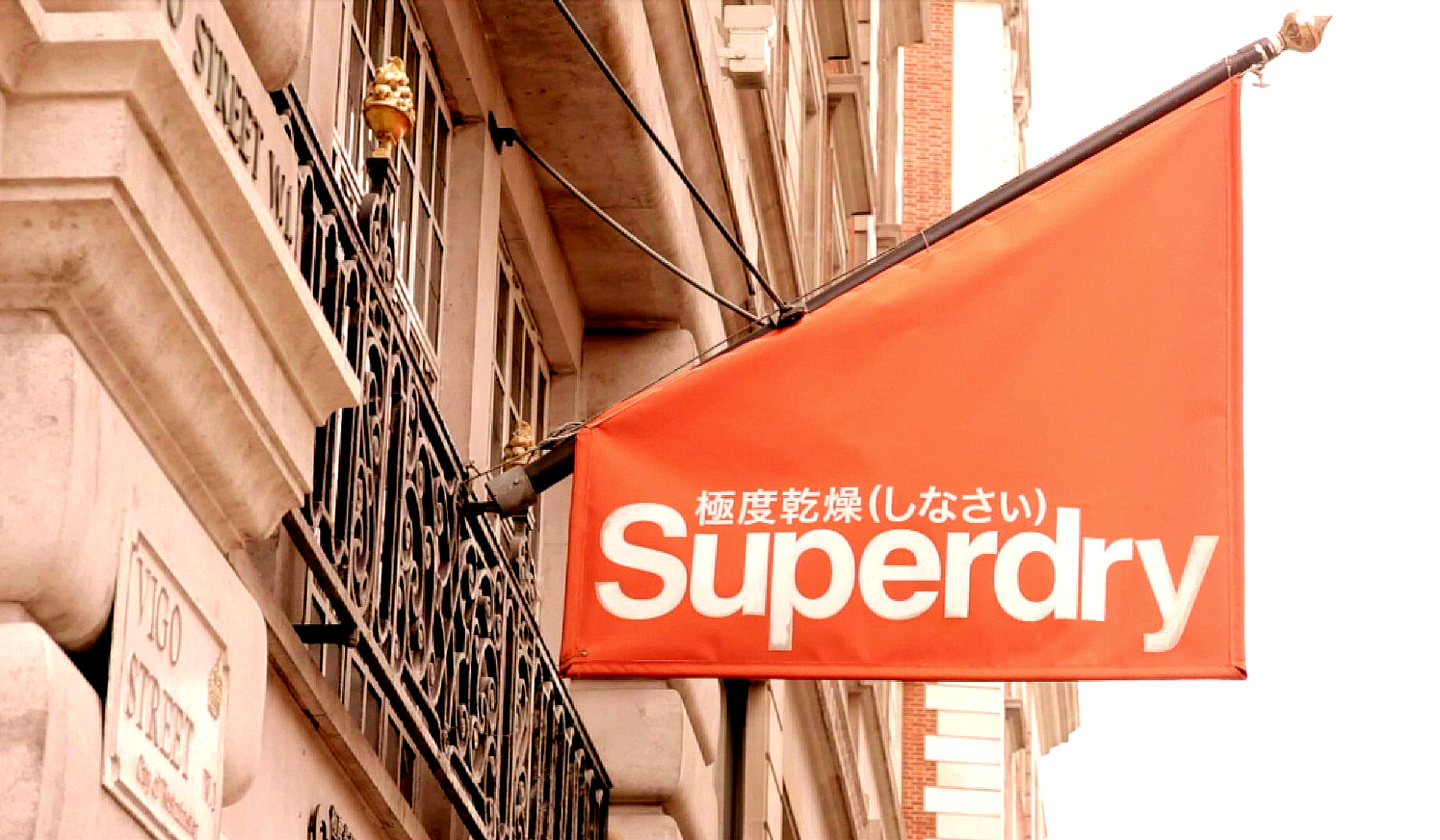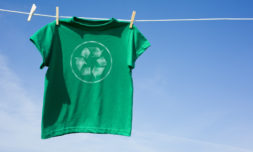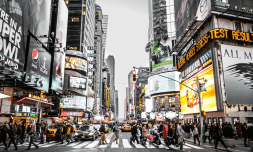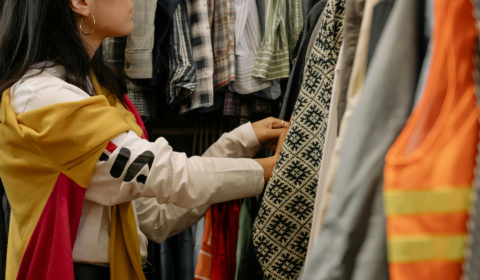Superdry’s co-founder, Julian Dunkerton, has high hopes that the clothing company will become ‘the most sustainable listed global fashion brand on the planet’ by 2030.
Despite the unavoidable loss of sales suffered by the majority of fashion retailers amid the Covid-19 crisis, Superdry’s co-founder, Julian Dunkerton, is resolute in his belief that (barring an absolute disaster), the UK-based label’s new strategy will set it up for long-term success.
With sustainability credentials a top priority for Dunkerton in a world of consumers more conscious than ever about where their clothes are coming from and how they’re made, the chain could be on its way to becoming ‘the most sustainable listed global fashion brand on the planet.’
And that’s even after reports it had been hit badly by the forced closure of all its stores, which amounted to a substantial annual loss of £167m. Anyone would’ve thought such circumstances would derail Dunkerton’s push for this innovative scheme drastically. Today, that’s far from being the case.

Essentially, in what’s looking to be another step towards a circular fashion economy (the likes of which is already predicted to be worth $5 trillion), Dunkerton’s aim is to save Superdry some much-needed cash by striving to make its clothes relevant again. It’s a bold move at a time when customers are emptying the high street en masse to shop online where discounts are rife as brands jump to shift a mountain of unsold garments from lockdown.
‘This is no gimmick,’ he says, however. ‘Superdry has always been built around amazing quality and produces garments that are made to last. We’re further embracing and pushing our sustainability credentials in the world. It has to be embedded in what we do.’
Priding itself on its ethical sourcing – giving Superdry a significant advantage over rivals, particularly in the wake of the Leicester sweatshop controversy earlier this year – and imbued with a motivation to contribute to circular fashion, adopting low-impact materials is at the very heart of this strategy.
From new vegan leather footwear ranges and organic cotton farming initiatives, to recycling more that 35 million plastic bottles to repurpose in padded jackets for the AW20 season, there’s no denying that Superdry is bound to make a difference. Most notably within the textile industry, which has a concerning carbon footprint that can only be rectified by changing the fabric of our clothes altogether or switching to organic cultivation repeatedly shown to promote biodiversity.
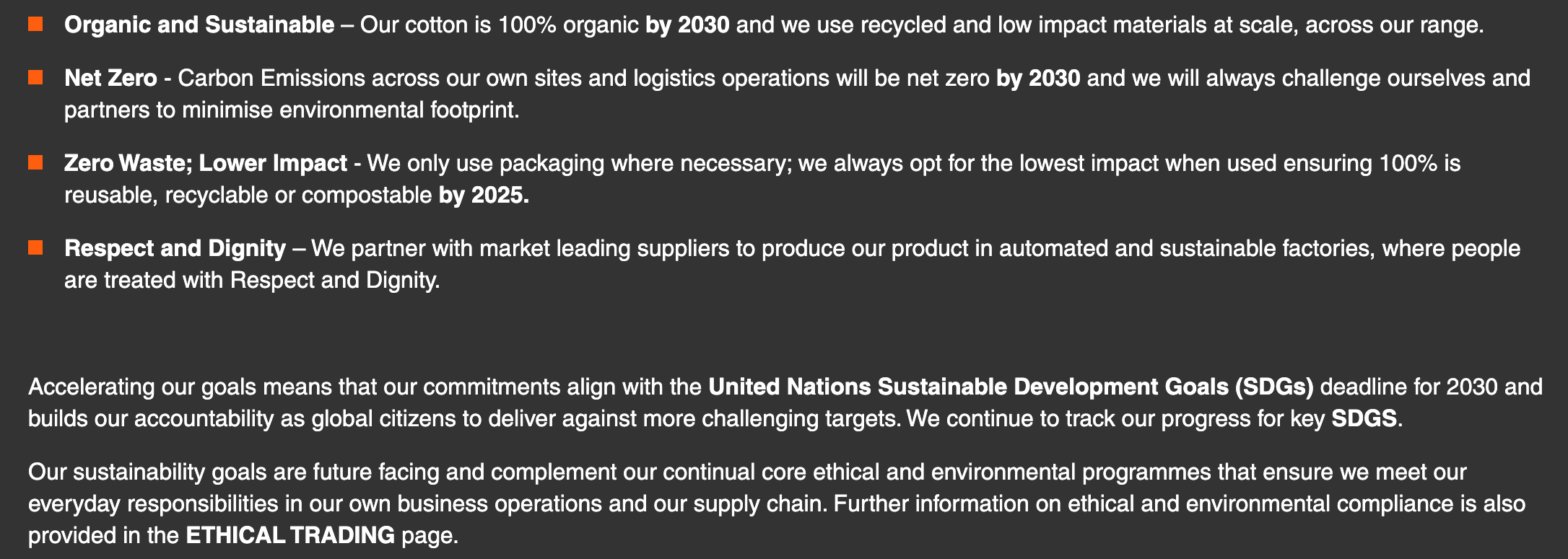
Dunkerton is not alone in his conviction that global fashion brands have a responsibility to drive positive change and lower their impact on the planet. In fact, alongside the boom in upcycling and resale – according to Forbes – 62% of Gen Z demand sustainable retail in 2020.
There’s simply no shying away from this U-turn of consumer habits any longer, and Superdry is duly noting that environmental preservation is at the forefront of buyers’ decision making in this day and age.
‘When we talk about clothes, whatever their type, the first thing we want is comfort,’ says Brazilian footballer Neymar Jr, who’s philanthropic work aligns with Superdry’s goal to protect planet and people, a shared passion that landed him a three-year partnership with the brand. ‘But when you add sustainability to those conditions, Superdry is, unquestionably, the best [brand] I’ve found.’









